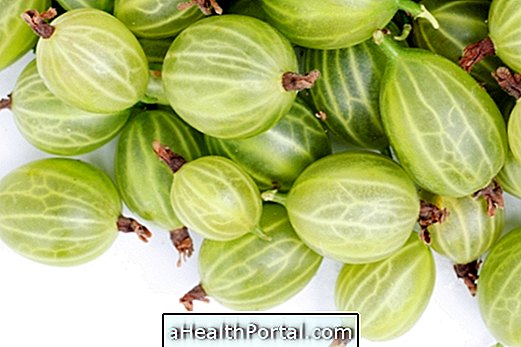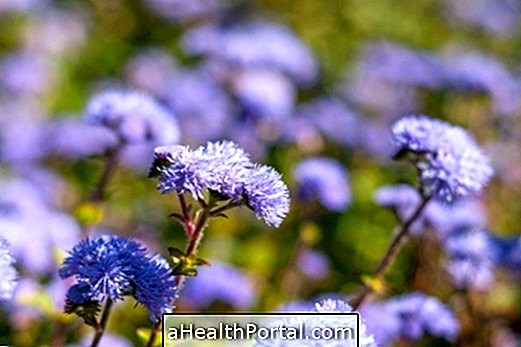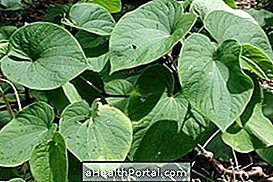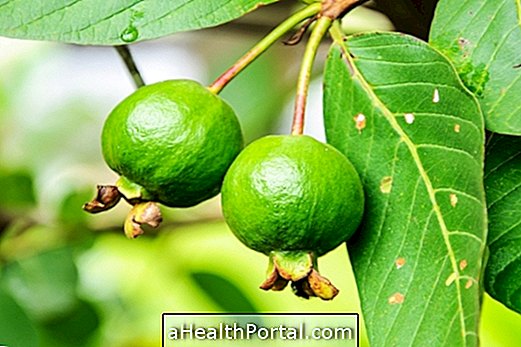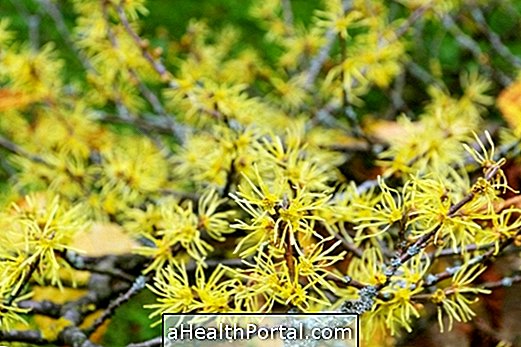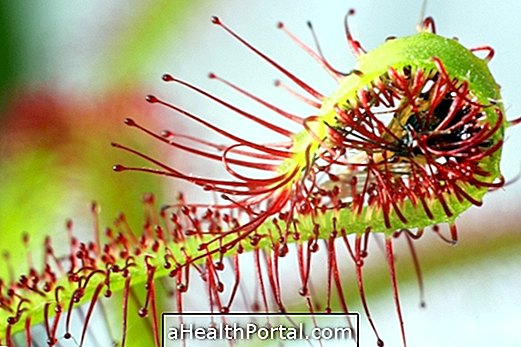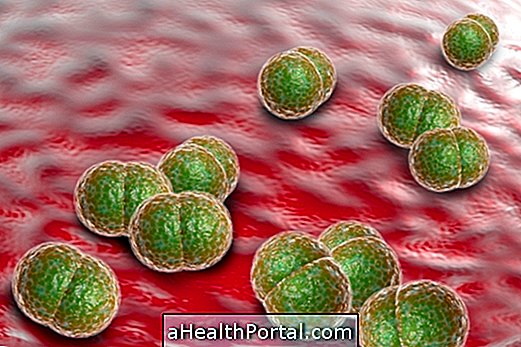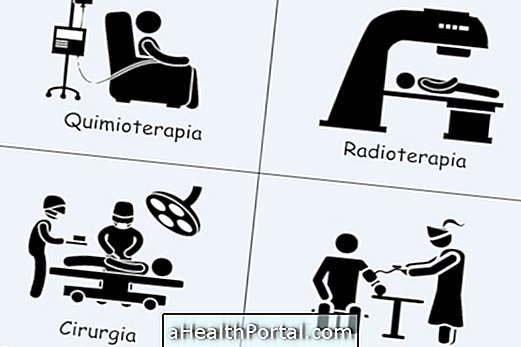Some teas prepared with medicinal plants are not advised to consume during pregnancy because they can impair the development of the baby, as is the case of Aloe Vera, Hera and Guaco, for example.
In addition, in order to avoid risking harm to one's own life and also the baby's life, the pregnant woman should only take medicines and teas recommended by the obstetrician, because in many cases, besides the characteristic toxicity of the plant itself, herbs that grow on the border of roads and those harvested on the farm may be contaminated with the pollution of car exhaust and pesticides.
Complete list of harmful plants during pregnancy
Other plants that are also considered toxic and therefore may be abortive are:
| Catuaba | Angelica | Vase | Arnica |
| Artemisia (Losna) | Sene | Grass grazing | Santa Maria Herb |
| Cinnamon | Our Lady's Tear | Myrrh | Copaiba |
| Trumpet | Clove of the gardens | Greasy ground | Swallow |
| Macaé's weed | Azedaraque | Mint ( Piperita mint ) | Nutmeg |
| Stone Breaker | Peony | Jaborandi | Plantain |
| Bugweed | Purslane | Peach | Pomegranate |
| Jequiriti | Carrapicho | Guaçatonga | Boa noite |
| Boldo | Pennyroyal | Basil | Nobody can with me |
| Horsetail | Agonized | Cinnamon | Rue |
| Sage | I confessed | Saião | Melon-de-são-caetano |
| Cipó-jarrinha (Cipó-mil-hombres) | Purge Pinion | Cotton | Buchinha-do-norte |
| Shell-sacred | Rhubarb | Sarsaparilla | Jurubeba |
There are greater chances of complications when a woman regularly consumes these plants during pregnancy or when she ingest a large quantity of these teas at one time, especially in the first trimester of pregnancy. But the risks, although minor, also exist in the second and third trimester of gestation.
What can happen if you take
If the woman is pregnant and consumes some of these medicinal plants what can happen is the increase of the uterine contractions, that causes intense abdominal pain, being able to be blood loss by the vagina and consequently loss of the fetus. However, in some women abortion does not happen but the toxicity that reaches the baby may be enough to cause serious changes, compromising their motor and brain development.
Sometimes toxicity leads to a contraction so strong that it promotes the exit of the fetus, but this may be an incomplete abortion and the remains of the fetus and placenta may remain trapped inside the uterus, leading to an infection, which may even lead to the death of the mother. Signs of infection after a miscarriage can include severe abdominal pain, fever and chills, and in this case one should go to the emergency room quickly to contain the infection.
The toxicity of plants unfit for use during pregnancy can also cause severe kidney complications, and a kidney transplant may still be necessary.
Learn what to do to deal with unwanted pregnancy.
